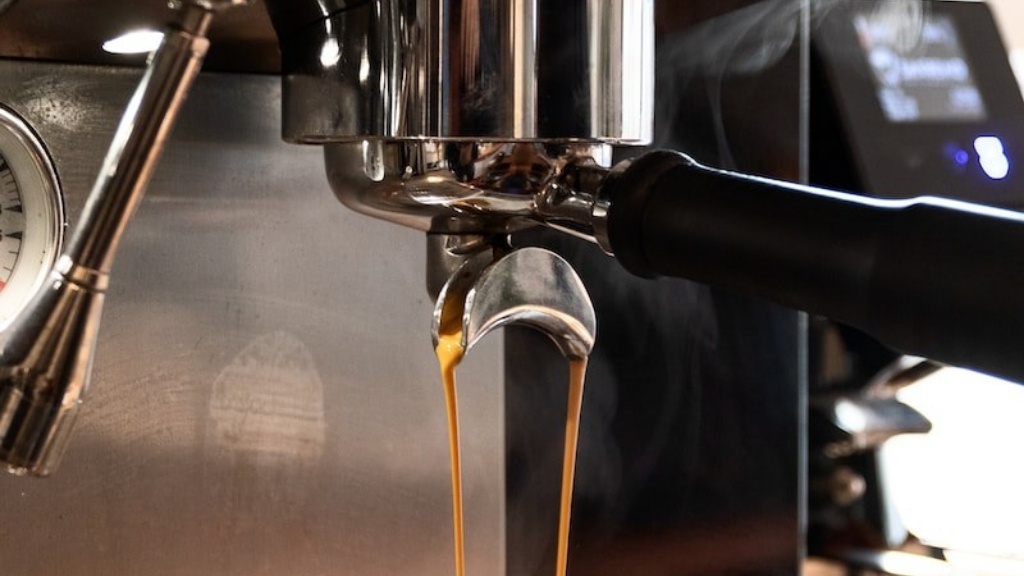Drinking coffee regularly can lead to a variety of problems, including stomach discomfort and bloating. But, does drinking coffee really cause gas? This issue has long been a subject of debate and research.
Studies have looked into the potential causes of gas associated with drinking coffee. One such study conducted by the Cleveland Clinic in 2004 found that caffeine does not have an effect on gastrointestinal gas. The study concluded that other ingredients and chemicals in coffee contribute to the production of gas.
For example, many coffees contain oils, acids and artificial flavours. These compounds can irritate and inflame the stomach, leading to bloating and other digestive issues. According to the journal Nutrition Research, compounds found in coffee, such as polyphenols, can also cause intestinal gas and bloating.
Some people cannot metabolize coffee as efficiently, resulting in more gas. People with certain conditions, such as diabetes, hypoglycemia and irritable bowel syndrome, may experience more symptoms of bloating and gas. Those with food sensitivities or allergies may also experience more gas when drinking coffee.
Coffee is also a diuretic, meaning it can dehydrate the body, which can lead to symptoms of bloating. If you are dehydrated, your body will produce more gas in order to retain water. Drinking too much coffee can also cause dehydration, which can lead to bloating and discomfort.
There are some cases where coffee can actually help reduce bloating and gas. In moderate amounts, coffee can act as a digestive aid, helping to stimulate the gastrointestinal tract and reduce gas. However, drinking excessive amounts of coffee may worsen symptoms.
In order to reduce the chances of experiencing gas and bloating from drinking coffee, it is important to drink in moderation and to stay hydrated. Drinking coffee without sugar or cream can also help reduce symptoms, as both of these additives can contribute to abdominal discomfort.
The Chemical Components
A major factor documented in medical literature to contribute to the description of gas related to consumption of coffee is its chemical components. Coffee contains oils and acids, including diterpenes, which may lead to symptoms of indigestion, including bloating and heartburn. Part of the chemical structure of coffee is known as caffeine, which can irritate the lining of the stomach in few people leading to gastrointestinal distress. Because coffee is so acidic, it may cause irritation and inflammation when people already have other digestive issues, meaning that the gas and discomfort that people experience when drinking coffee can worsen existing digestive issues.
Alternatives To Reduce Gas
Many opt to drink decaffeinated coffee instead of regular coffee to reduce any pain or discomfort. This is likely because decaffeinated coffee usually contains fewer irritants that can cause gastrointestinal issues. However, some experts argue that this may be a myth, as decaffeinating coffee traditional process involves chemicals that can also cause gastrointestinal discomfort. Other alternatives to reducing gas from drinking coffee include drinking in moderation and staying well hydrated. Drinking coffee without cream and reduced sugar may also help to reduce gas. Some people reported that drinking cold brew coffee instead of hot reduces gas and the feeling of bloating.
Health Benefits Of Coffee
Despite the potential of coffee to contribute to abdominal discomfort and bloating, drinking coffee in moderation may offer a number of health benefits. Coffee is a rich source of antioxidants, which protect cells from damage and reduce inflammation. Moderate coffee consumption has also been associated with a lower risk of heart disease, stroke and type 2 diabetes. Additionally, drinking coffee in moderation has been linked to a lower risk of certain types of cancer and an increased lifespan.
Risks Of Excessive Coffee Consumption
However, drinking too much coffee may have an adverse effect on the body. Excessive consumption of coffee may lead to an increased risk of dehydration, insomnia, anxiety, restlessness and irritability. Additionally, consuming more than 4 cups of coffee per day can contribute to an increased risk of high blood pressure and other cardiovascular health issues.
The Bottom Line
The evidence is mixed when it comes to whether or not drinking coffee causes gas. While it may be true that coffee can worsen symptoms of existing digestive issues, it may also act as a digestive aid to some people. It is important to remember to drink in moderation and to stay hydrated in order to reduce any discomfort or bloating. Additionally, if you experience frequent bloating and gas symptoms, consider speaking to a healthcare professional so they can develop a personalized plan for your needs.



